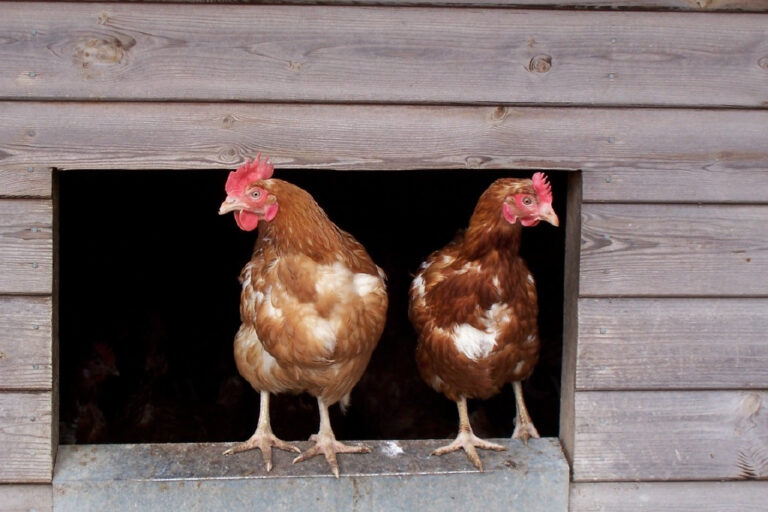The Chief Veterinary Officers for England, Scotland and Wales have agreed to bring in new measures to help protect poultry and captive birds, following a number of cases of avian influenza in both wild and captive birds in the UK.
The new housing measures, which will come into force on 14 December, mean that it will be a legal requirement for all bird keepers to keep their birds indoors and to follow strict biosecurity measures in order to limit the spread of and eradicate the disease.
Government Chief Veterinary Officers are encouraging bird keepers to use the next 11 days to prepare for new housing measures, including taking steps to safeguard animal welfare, consult their vet and where necessary put up additional housing.
These housing measures build on the strengthened biosecurity regulations that were brought in as part of the Avian Influenza Protection Zone (AIPZ) on 11 November. The AIPZ means that all poultry and captive bird keepers need to take extra precautions, such as cleaning and disinfecting equipment, clothing and vehicles, limiting access to non-essential people on their sites, and workers changing clothing and footwear before entering bird enclosures.
The UK Government has worked closely with the Scottish and Welsh Governments to introduce the new housing measures at the same time, meaning that the restrictions will be applied across the whole of Great Britain.
A joint statement from Great Britain’s three Chief Veterinary Officers said: “We have taken swift action to limit the spread of the disease and are now planning to introduce a legal requirement for all poultry and captive bird keepers to keep their birds housed or otherwise separate from wild birds.
“Whether you keep just a few birds or thousands, from 14 December onwards you will be legally required to keep your birds indoors, or take appropriate steps to keep them separate from wild birds. We have not taken this decision lightly, but it is the best way to protect your birds from this highly infectious disease.”
Poultry and captive bird keepers are advised to be vigilant for any signs of disease in their birds and any wild birds, and seek prompt advice from their vet if they have any concerns. They can help prevent avian flu by maintaining good biosecurity on their premises, including:
- housing or netting all poultry and captive birds
- cleansing and disinfecting clothing, footwear, equipment and vehicles before and after contact with poultry and captive birds – if practical, use disposable protective clothing
- reducing the movement of people, vehicles or equipment to and from areas where poultry and captive birds are kept, to minimise contamination from manure, slurry and other products, and using effective vermin control
- thoroughly cleaning and disinfecting housing at the end of a production cycle
- keeping fresh disinfectant at the right concentration at all points where people should use it, such as farm entrances and before entering poultry and captive bird housing or enclosures
- minimising direct and indirect contact between poultry and captive birds and wild birds, including making sure all feed and water is not accessible to wild birds
The new housing measures will be kept under regular review as part of the government’s work to protect flocks.
British Free Range Egg Producers Association CEO Robert Gooch said: “The top priority for our members is bird welfare which is why we fully support Defra’s decision. It is a necessary step towards protecting our hens from avian influenza.
“Farmers now have a short period to prepare for the housing order, which comes in to force on 14 December.
“BFREPA is in regular contact with Defra and the Chief Veterinary Officer to monitor the spread of avian influenza and we are urging all poultry keepers to comply with the rules of the housing order as well as implementing robust biosecurity protocols.”


